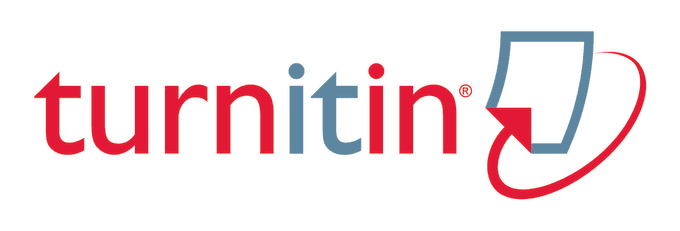Beyond Entertainment: Gastrodiplomacy Performance in Korean Drama and Reality Show
DOI:
https://doi.org/10.37535/101008220212Keywords:
gastrodiplomacy, cultural representation, nation branding, entertainment industry, television programsAbstract
ABSTRACT
As the world keeps advancing due to globalization, countries across the world were competing against each other to be more acknowledgeable. The use of nation branding appears to be better suited to solve that problem. The use of public diplomacy such as gastrodiplomacy is believed to be the perfect tool in achieving that goal. South Korea was one of the many countries to do so. The country does not solely rely on the concept of gastrodiplomacy alone, rather it combines diplomacy with the use of media and entertainment industry. This research aims to elaborate the use of Korean television programs as the medium for cultural representation through gastrodiplomacy performed within. This research attempts to interpret gastrodiplomacy performances within the Korean drama, ‘Weightlifting Fairy: Kim Bok-Joo’ and Korean reality show, ‘BTS: In The Soop’ by applying diplomacy and performance concept, and food as nation branding theory. This study shows that television drama and reality show were able to create an engagement and connection with their audience, making both shows effective in delivering the message. The research will be carried out using qualitative research measurement, by analyzing the food appearances happening within the selected scenes from both the series.
References
Downloads
Published
Issue
Section
License
Copyright (c) 2021 Vellycia Vellycia

This work is licensed under a Creative Commons Attribution 4.0 International License.
Bagi artikel yang dimuat di Jurnal Communicare, berlaku aturan Hak Cipta sebagai berikut:
- Jurnal Communicare adalah pemegang hak untuk mempublikasikan artikel untuk pertama kalinya.
- Penulis tetap memegang hak cipta atas karya tulis yang terbit di Jurnal Communicare, dan dapat menggunakan karyanya dengan bebas, selama tidak melanggar peraturan.
- Karya yang dimuat di Jurnal Communicare berada dibawah lisensi Creative Commons Attribution 4.0 International License














